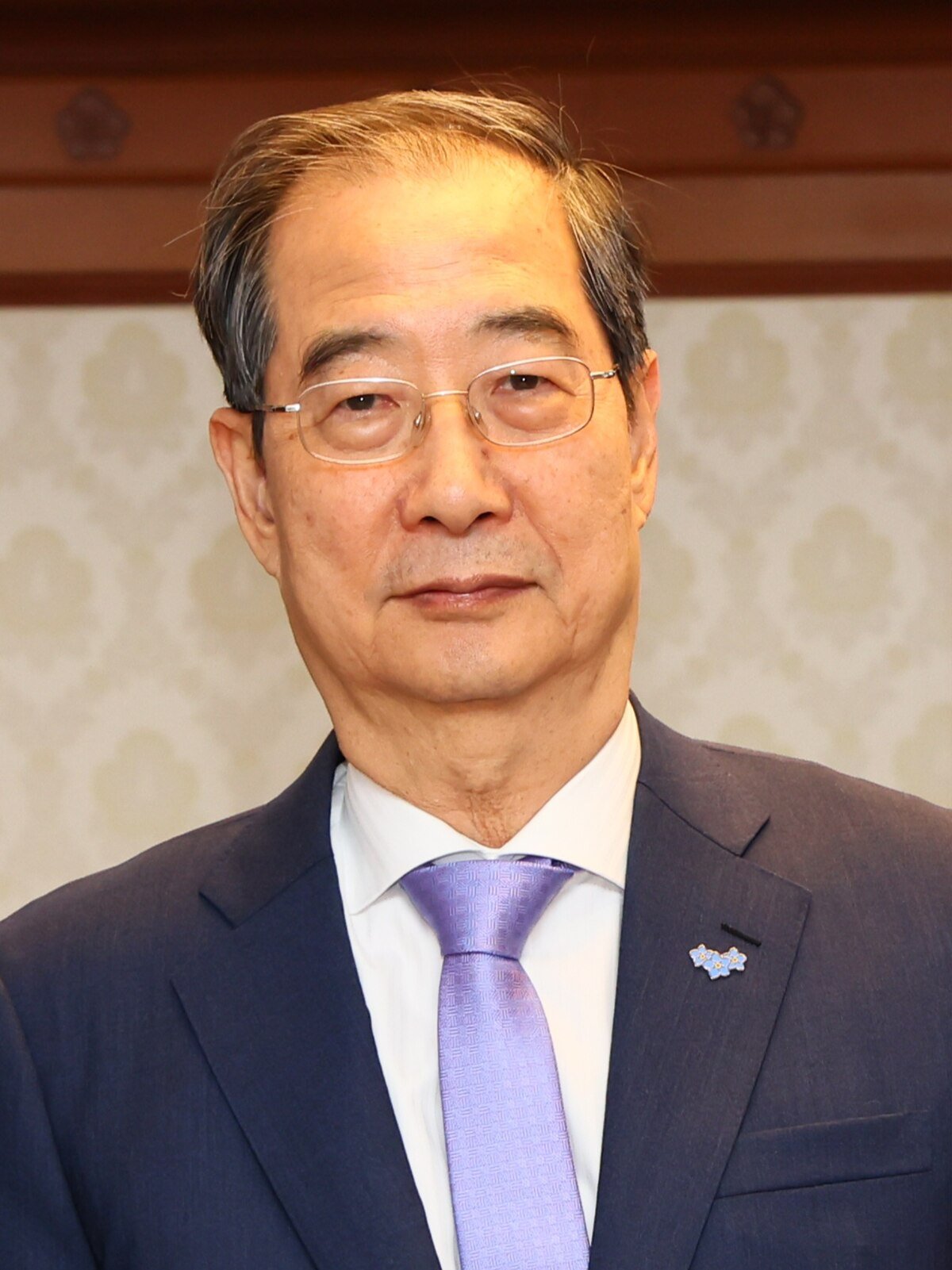
- South Korea’s Constitutional Court unanimously ruled to remove President Yoon Suk Yeol from office, marking the second impeachment in the country’s history.
- Yoon’s impeachment followed his controversial declaration of martial law, which led to nationwide protests and political turmoil.
- The impeachment process saw dramatic scenes, including opposition leader Lee Jae-myung climbing a fence to access parliament grounds and vote to revoke martial law.
- The impeachment has left South Korea in political uncertainty, with a presidential election due within two months and Yoon facing serious legal challenges.
In a historic verdict that marks only the second time in South Korea’s constitutional history, the Constitutional Court unanimously ruled to remove President Yoon Suk Yeol from office. The decision came after Yoon’s controversial declaration of martial law last December, which sparked a political crisis that lasted for months. The court found Yoon guilty of a grave violation of democratic norms and the rule of law, leading to weeks of nationwide protests and political turmoil.
Yoon Suk Yeol, in his first official message post the verdict, expressed both gratitude and regret. He stated, It was a great honor to serve the Republic of Korea. I am deeply thankful to those who supported and believed in me, despite my shortcomings. I sincerely apologize for failing to meet your expectations. I will always pray for the Republic of Korea, which I love, and for its people. The message, signed Sincerely, Yoon Suk Yeol, was released just hours after the verdict.
The impeachment of Yoon Suk Yeol was a result of his failed attempt to declare martial law and deploy troops in Seoul. The decision triggered fresh elections, marking a swift downfall for Yoon, who had risen to power just a year after entering politics.
The Martial Law Declaration and Its Aftermath
The martial law command issued extensive governmental powers, including restrictions on political activities and media control. The decree permitted warrantless arrests for violations. Armed forces surrounded the Assembly to prevent legislative voting on the martial law declaration.
The impeachment process was not without its share of drama. Opposition Democratic Party leader Lee Jae-myung broadcast his journey live, encouraging public support at parliament. He accessed the grounds by climbing a fence. After midnight, Assembly Speaker Woo Won Shik announced on YouTube that they would address Yoon’s declaration through constitutional procedure. Woo reached the main chamber at 12:35 am, while troops breached windows but failed to access it. At 12.4 am, Woo initiated voting to revoke martial law, the Associated Press reported. Around 1.00 am, 190 legislators, including 18 from Yoon’s People Power Party, unanimously voted to end martial law. Security forces withdrew afterward.
Historical Context and Future Implications
The impeachment of Yoon Suk Yeol is reminiscent of the impeachment of another South Korean president, Park Geun-hye, in 2017. Park was impeached and removed from office following a corruption scandal that led to widespread protests. The impeachment of Yoon Suk Yeol, however, is unique in its context, as it was triggered by his attempt to declare martial law, a move that was seen as a grave violation of democratic norms and the rule of law.
The impeachment of Yoon Suk Yeol has left South Korea in a state of political uncertainty. The country now faces the challenge of conducting a presidential election within two months, setting the stage for what could be one of the nation’s most contentious electoral contests. Yoon confronts serious legal challenges, including a rebellion trial where potential sentences range from death to life imprisonment. The electoral authorities are expected to announce the precise date shortly, with local media suggesting the first week of June as the likely timeframe for the presidential poll.
The impeachment of Yoon Suk Yeol is a significant event in South Korea’s political history. It underscores the resilience of South Korean democracy and the country’s commitment to upholding the rule of law. It also serves as a reminder of the importance of political leaders adhering to democratic norms and the rule of law. The impeachment of Yoon Suk Yeol is a testament to the power of the people and the strength of South Korea’s democratic institutions. It is a reminder that no one, not even the president, is above the law.




